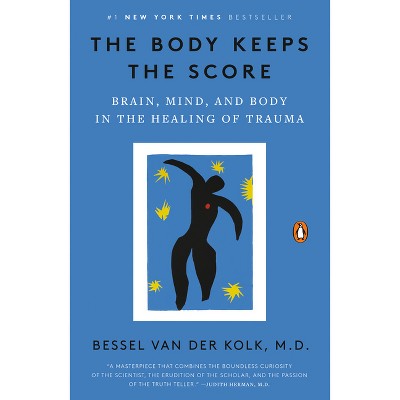
The Cheating Cell - by Athena Aktipis (Hardcover)
$24.95
In Stock
Eligible for registries and wish lists
About this item
Additional product information and recommendations
Discover more options

$11.90
was $13.54 New lower price
Buy 1, get 1 50% off select books, movies & games
3.5 out of 5 stars with 4 ratings
Frequently bought together

$14.39
MSRP $19.00
Buy 1, get 1 50% off select books, movies & games
4.6 out of 5 stars with 147 ratings

Bestseller
$15.68
Buy 1, get 1 50% off select books, movies & games
4.6 out of 5 stars with 271 ratings

$12.80 - $17.59
MSRP $18.00 - $30.00
Buy 1, get 1 50% off select books, movies & games
4.7 out of 5 stars with 545 ratings
Related Categories
Guests also viewed

$12.39
MSRP $19.00
Buy 1, get 1 50% off select books, movies & games
5 out of 5 stars with 1 ratings

$16.87
MSRP $28.99
Buy 1, get 1 50% off select books, movies & games
5 out of 5 stars with 1 ratings

$10.83
Buy 1, get 1 50% off select books, movies & games
4 out of 5 stars with 15 ratings











